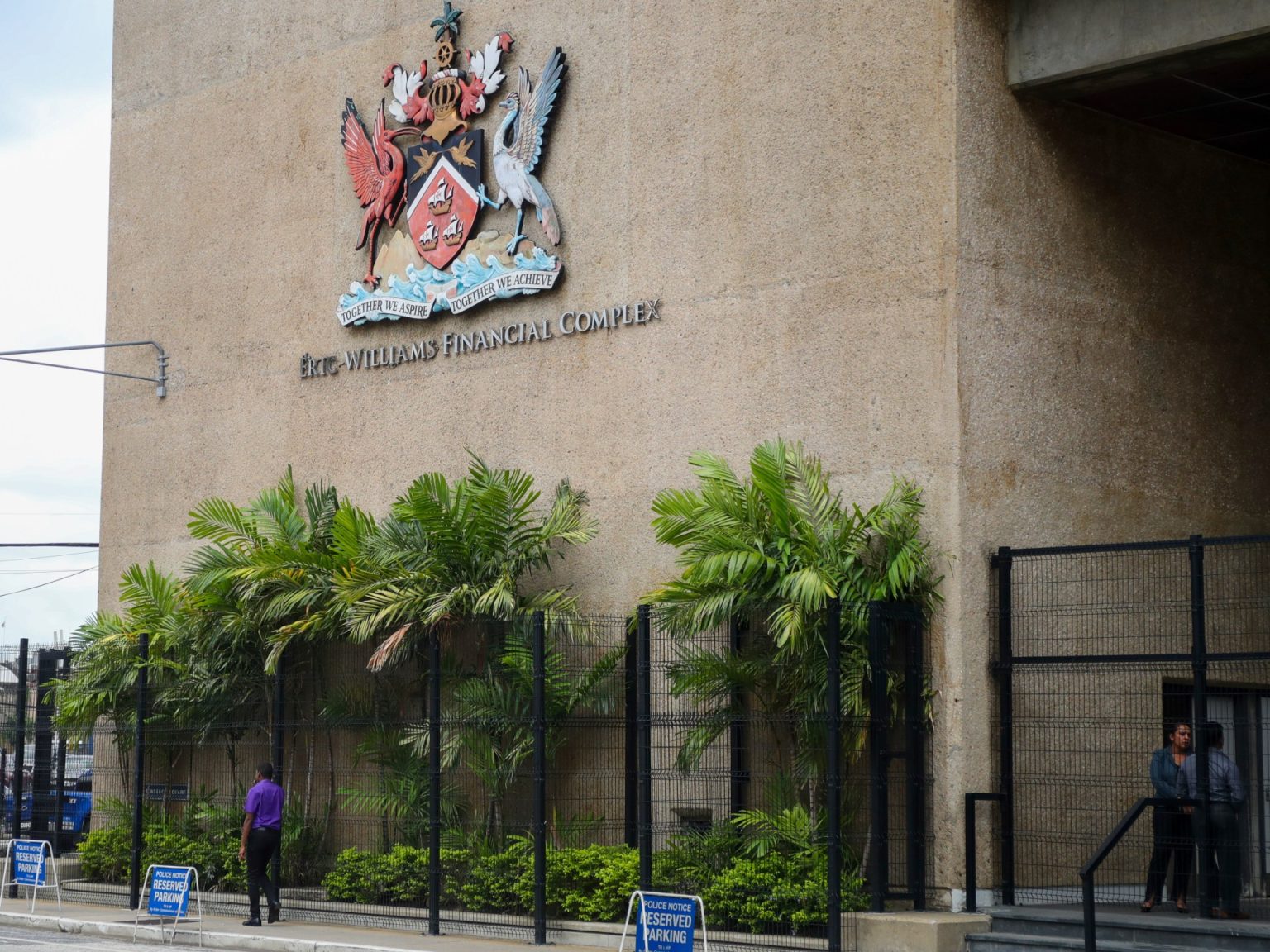The twin-island nation of Trinidad and Tobago has been plunged into a state of emergency following a weekend surge in gang violence that claimed at least seven lives in the capital city of Port of Spain. This escalating violence, characterized by brazen tit-for-tat shootings in public areas, is attributed to rival gangs vying for territorial control. The recent killings have pushed the nation’s homicide count for the year to over 623, the highest in over a decade, prompting National Security Minister Fitzgerald Hinds to declare the situation a “national epidemic.” This alarming spike in violence coincides with a politically charged atmosphere as the country prepares for general elections, adding another layer of complexity to the crisis. The state of emergency reflects the government’s urgent need to address the escalating gang warfare and restore a sense of security to the nation.
The weekend’s violence began with a brazen attack near the Besson Street Police Station, where gunmen armed with automatic rifles targeted a group of men, killing a suspected prominent gang member. This incident triggered a series of retaliatory shootings in the Laventille neighborhood, resulting in at least five additional deaths. Local residents expressed fear and outrage, asserting that most of the victims in Laventille were innocent bystanders caught in the crossfire. The families of the slain pleaded for an end to the violence, highlighting the devastating impact of the gang war on the community. This cycle of violence underscores the urgent need for effective intervention to break the spiral of retaliatory attacks and protect innocent lives.
Trinidad and Tobago’s vulnerability to organized crime and its strategic location contribute to its high homicide rate, one of the highest in the Caribbean and Latin America. The nation’s proximity to Venezuela and its direct flight connections to major international hubs make it a prime location for drug trafficking, fueling gang activity and violence. The US Department of State has highlighted the country’s role in narcotics transshipment, and recent collaborations between US and Trinidadian authorities have led to the capture of high-profile drug kingpins operating within the islands. The presence of over 100 gangs further complicates the security landscape, impacting the daily lives of citizens and contributing to the pervasive climate of fear.
The recent surge in violence is believed to be driven by a volatile alliance between the Sixx gang, one of the largest in Port of Spain, and several smaller groups, aimed at eliminating their rivals, the Seven gang. This ongoing feud, which has claimed numerous lives over the years, has intensified despite a previously negotiated ceasefire. Both gangs control different areas within the capital and are leveraging alliances with smaller groups to expand their influence and eliminate their rivals. The breakdown of the ceasefire agreement and the escalation of violence underscore the challenges authorities face in containing the gang warfare and restoring order.
The state of emergency, implemented to address the escalating violence, grants law enforcement agencies expanded powers, including the ability to conduct searches and arrests without warrants and detain suspects for up to 48 hours. While there is no curfew in place, there will be a significantly increased presence of police and military personnel throughout the islands, particularly in Port of Spain. The government has emphasized that despite the heightened security measures, daily life will continue as usual, with schools, businesses, and planned New Year’s Eve celebrations proceeding as scheduled. This approach aims to balance security needs with the preservation of normalcy for the general population.
The current crisis echoes similar struggles faced by other Caribbean nations grappling with gang violence, most notably Haiti, where the situation has deteriorated to the point of humanitarian crisis. The escalating violence in Haiti has forced aid organizations to suspend operations and the United Nations to evacuate staff, highlighting the severe security challenges in the region. The situation in Trinidad and Tobago underscores the urgent need for comprehensive strategies to address the root causes of gang violence, including poverty, inequality, and the proliferation of illegal firearms. Regional cooperation and international support are crucial for tackling this complex issue and ensuring the safety and security of citizens in affected nations.

